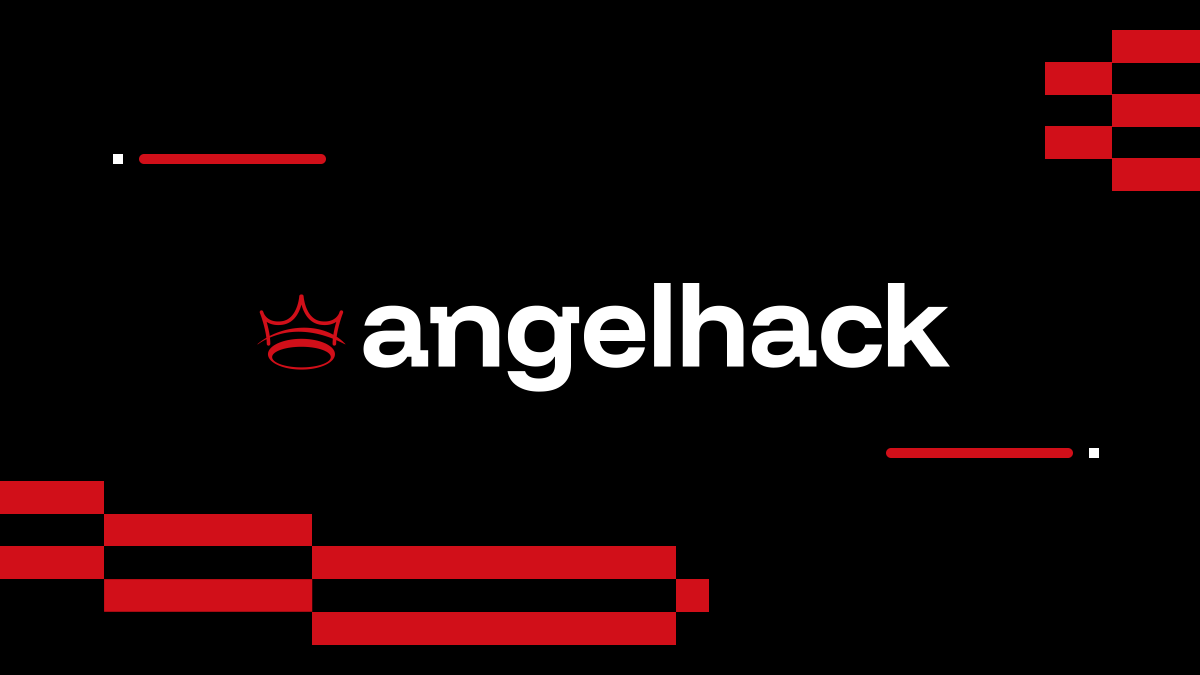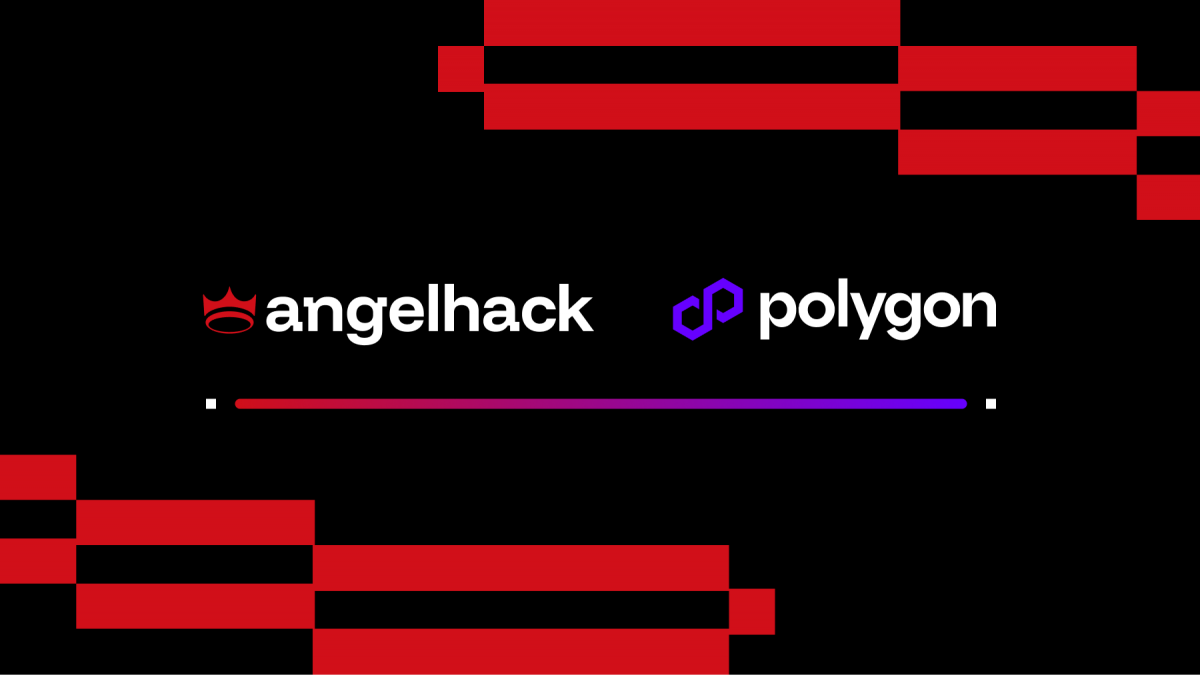Hackathons aren’t the only way to engage, inspire, and empower our community. Find out how the Beijing chapter is spreading AngelHack’s mission throughout the entire year and how to organize workshops yourself.
Before we co-hosted our first workshop with SAP in May 2018, AngelHack had hosted only one hackathon in Beijing (2013). We decided that it was time to further develop our China presence and community, especially since we saw many enthusiastic Chinese coders and change makers attending our events all around the world. Our key aim was to add more value to Beijing’s tech community throughout the year, and workshops aligned perfectly with that plan. This is how AngelHack became the first organization to run English speaking coding classes in Beijing.
In the ten months since its first workshop, AngelHack has hosted 24 workshops in total covering various coding skills such as front-end development with JavaScript and Python for Data Science. The workshops also teach soft skills like design thinking, growth hacking, pitching, and general communication skills. We believe every city can profit from workshops and meetups for the following reasons:
1. Community growth year-round
We love to engage with our communities all year long, both before and after our Global Series hackathons. Workshops and meetups are an ideal way to create even more engagement! By offering regular events like panel discussions, workshops, or seminars, AngelHack can stay in the participants’ minds, while also offering networking opportunities to prepare them and create excitement for the next hackathon. Workshops can build pitching and general communication skills, introduce new technologies, create social impact initiatives, inspire women in tech and much more. As a bonus, if attendees are excited about AngelHack’s mission they might choose to join as ambassadors or connect you to sponsors and community partners.
2. Improve your skills
In a way, workshops and meetups can be described as hackathons’ younger siblings. They don’t need as much in-depth preparation and mistakes aren’t as grave. By the time the next hackathon comes around, you’ll be more confident which can better the experience for everyone involved. Organizing a workshop teaches valuable skills like event management, marketing, and can boost your leadership skills with the coordination of volunteers and speakers. Furthermore, you can increase your network and build your personal brand when reaching out to speakers and facilitators. The community recognizes your involvement, and AngelHack loves to see our ambassadors grow and thrive.
3. Connect with companies
Workshops can be a great way to get in touch with companies. AngelHack Beijing regularly partners with corporations who want to showcase their technology or run meetups to discuss tech topics close to their interests. Through workshops, we can create a win-win situation and develop good relationships with corporations. If a company enjoys the event you did with them, they may choose to become a sponsor or provide mentorship for the next hackathon. Once the community sees that you’re engaged while running AngelHack workshops, other companies may be interested in co-hosting events with you too.
We’re excited about the prospect of running events with you and can reward you from turnover yielding opportunities that arise following the referral. AngelHack loves community engagement, so please forward any such leads to your regional manager.
This workshop toolkit can help you get started:
Initial research
Before you throw yourself into the planning of your first workshop, you should do some research to find out which topics are most interesting for your community and which speakers you should be reaching out to. Be inspired but not limited by topics our communities has loved thus far: beginner coding workshops (JavaScript; build a basic Blockchain; Python; …), data science, ML and AI, and topics such as design thinking and pitching.
- Research the ecosystem, workshops currently offered, and what is missing (potentially including a survey to the community)
- Outreach for qualified facilitators
- Research facilitator background, topic, and brief content review
Workshop preparation
We’ve found it useful to put this checklist on a workshop board (e.g. Trello) to which the whole workshop team has access to – that way you can make sure you don’t forget anything and it is easy to track the planning progress.
- Venue scout for a free venue (remember to put past venues in your city master sheet so you can refer to it later)
- Create the event page on a relevant ticketing platform (ask for existing account or contact staff)
- Charge a small fee between 5 and 20 USD depending on the location to compensate local instructors or pay for some light snacks and water
- Create a banner and a blurb to share in WeChat and social media (you can create a group/page overview in your city master sheet)
- Figure out food and beverage (depending on the budget); if workshops are sponsored provide either coffee or soft drinks but most importantly WATER. Sometimes snacks might be required
- Contact community partners for more outreach (Best practice: Add their logo to the banner or create a customized banner for large events)
- Use a good camera/photographer for sponsored events
- Recruit volunteers if needed for check-in, A/V
- Send reminder email 3 days and one day before the event
- If participants need to install a program, prepare a sufficient amount of USB-sticks with the installation file for iOS and Windows
- Set venue set-up time
- Prepare for check-in: print participant list or use an app
- Make sure you have a registration table
- Note learnings for future events or potential blog post after the event
- Ask participants for feedback (e.g. survey)
Venue checklist
There are several things you should be aware of when choosing a venue, depending on the kind of event you are planning.
- Ensure that the venue provides sufficient wifi coverage if needed (e.g. for most coding workshops)
- Have a minimum bandwidth of 30 MBPS/ 2MBPS per person for coding workshops that require access to the internet
- Bring 2-3 wireless microphones if needed
- Bring speakers if needed
- Bring VGA, HDMI cords if needed
- Make sure the venue has a projection screen / white wall if needed
- Check capacity and if there are enough chairs
- Check if there are enough power outlets for every participant (bring multi-outlet extension cords)
We hope this helped! Feel free to reach out to your AngelHack regional manager for further support and guidance related to running workshops or all other matters and opportunities.


